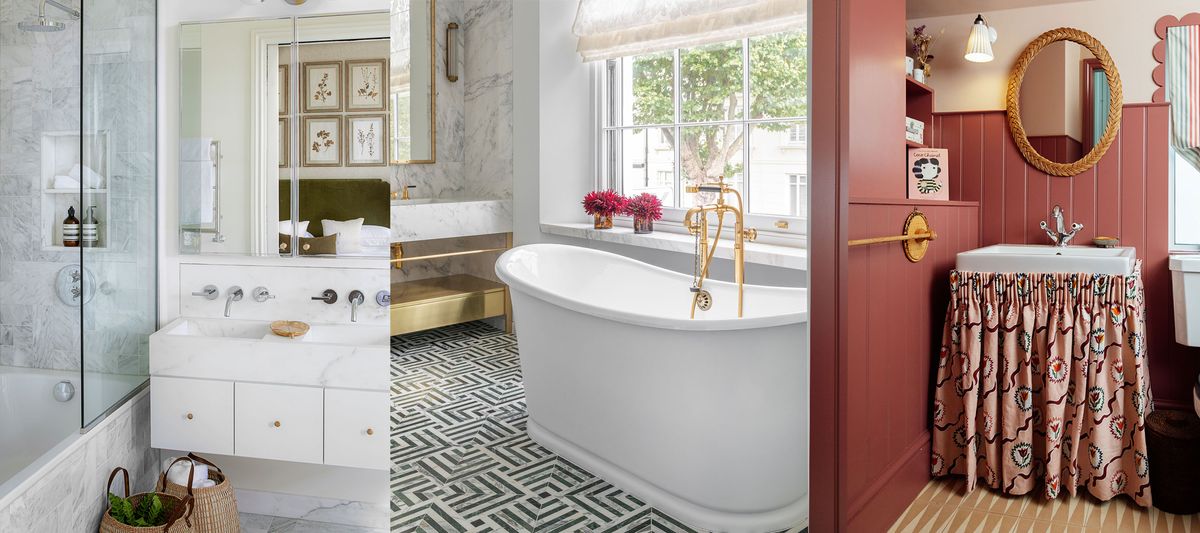In the world of real estate, embarking on the journey to buy a home solo can be an empowering and rewarding experience. Whether you’re a first-time homebuyer, a seasoned investor, or someone looking for a place to call your own, navigating the real estate market independently requires careful planning and a solid strategy. If you’re taking on the journey of buying a home solo, this empowering guide to success will be your invaluable companion as you explore homes in Panama City Beach. In this comprehensive guide, we will explore the essential steps, tips, and insights to help you achieve success in your solo home-buying endeavor.
Define Your Homebuying Goals
Before you dive into the world of real estate, it’s crucial to define your goals and objectives. What type of home are you looking for? What are your budget constraints? Do you have a specific location in mind? By clearly outlining your goals, you’ll be better equipped to make informed decisions throughout the process.
Financial Preparation
Assess Your Finances
One of the first steps in buying a home solo is to assess your financial situation. Calculate your income, expenses, and existing debts. Understanding your financial health will help you determine how much you can comfortably afford to spend on a home.
Save for a Down Payment
In most cases, you’ll need to provide a down payment when purchasing a home. Saving for a substantial down payment can significantly impact your mortgage terms and monthly payments. Explore different saving strategies to reach your down payment goal.

Review Your Credit Score
Your credit score plays a critical role in securing a favorable mortgage rate. Obtain a copy of your credit report and address any issues or discrepancies. A higher credit score can save you thousands of dollars over the life of your mortgage.
Research the Real Estate Market
Location, Location, Location
Choosing the right location is paramount in real estate. Research neighborhoods that align with your preferences, such as proximity to work, schools, amenities, and safety. Consider future development and property value trends.
Property Types
Explore different property types, including single-family homes, condominiums, townhouses, and more. Each type comes with its advantages and drawbacks. Your choice should align with your lifestyle and needs.
Market Trends
Stay informed about current market trends and conditions. Are prices on the rise, or is it a buyer’s market? Understanding market dynamics will help you make strategic offers and negotiate effectively.
Secure Financing
Mortgage Options
Research and compare mortgage options available to you. Fixed-rate, adjustable-rate, FHA, VA – there are various mortgage types to choose from. Consult with a mortgage broker to find the best fit for your situation.
Get Preapproved
Obtaining a mortgage preapproval letter strengthens your position as a buyer. It shows sellers that you’re a serious contender and can expedite the closing process.
Find Your Dream Home
Work with a Real Estate Agent
While you’re taking the solo approach, enlisting the help of a real estate agent can provide valuable insights and access to listings you might miss otherwise. Choose an agent with expertise in your desired area.
Attend Open Houses
Visit open houses to get a feel for different properties and neighborhoods. Take notes, ask questions, and envision yourself living in each space.
Make an Offer and Negotiate
Crafting an Offer
When you find your dream home, it’s time to craft a compelling offer. Consider the seller’s motivations and market conditions when determining your offer price.
Negotiation Strategies
Negotiation is a crucial aspect of the homebuying process. Be prepared to negotiate on price, contingencies, and repairs. Your goal is to reach a mutually beneficial agreement.
Conduct Due Diligence
Home Inspection
A thorough home inspection is essential to uncover any hidden issues or needed repairs. Don’t skip this step; it can save you from costly surprises down the road.
Title Search and Escrow
Ensure a clear title and protect your interests through the escrow process. Review all documents carefully with your real estate attorney.
Close the Deal
Final Walkthrough
Before closing, conduct a final walkthrough to confirm that the property is in the agreed-upon condition. Verify that all negotiated repairs have been completed.
Closing Costs
Be prepared for closing costs, which can include fees for loan origination, title insurance, and more. Consult with your lender and attorney to understand these costs fully.
Celebrate Your Achievement
Congratulations! You’ve successfully navigated the solo home-buying journey. Celebrate your achievement and start making memories in your new home.
Conclusion
Buying a home solo is a significant accomplishment that empowers you to make one of life’s most important investments independently. By defining your goals, preparing financially, researching the market, securing financing, and following a strategic plan, you can confidently embark on this exciting journey. Remember that the right information and a well-thought-out strategy can make all the difference in achieving your homeownership dreams.





